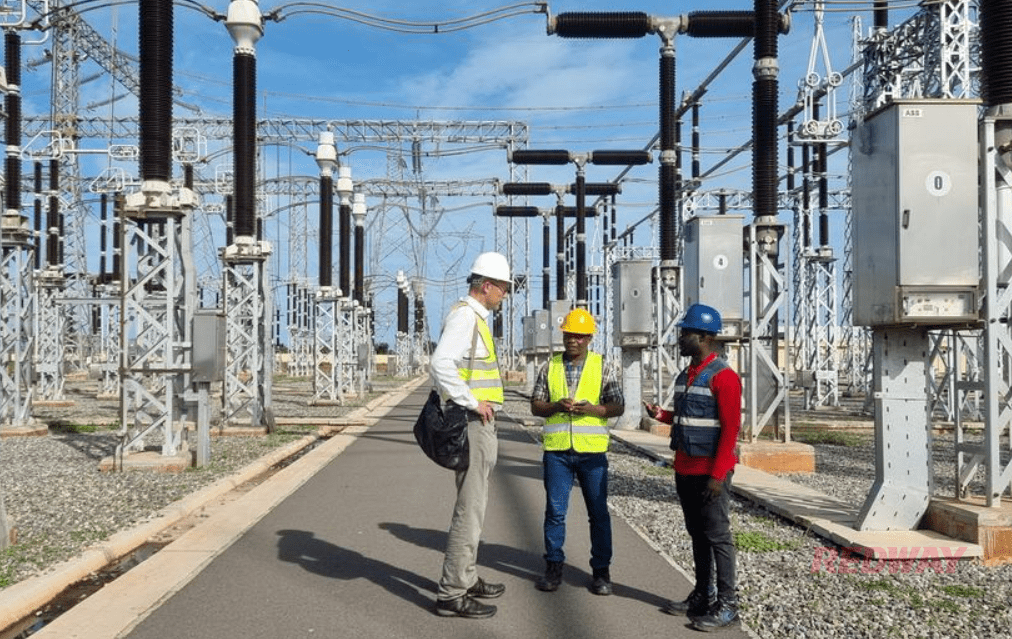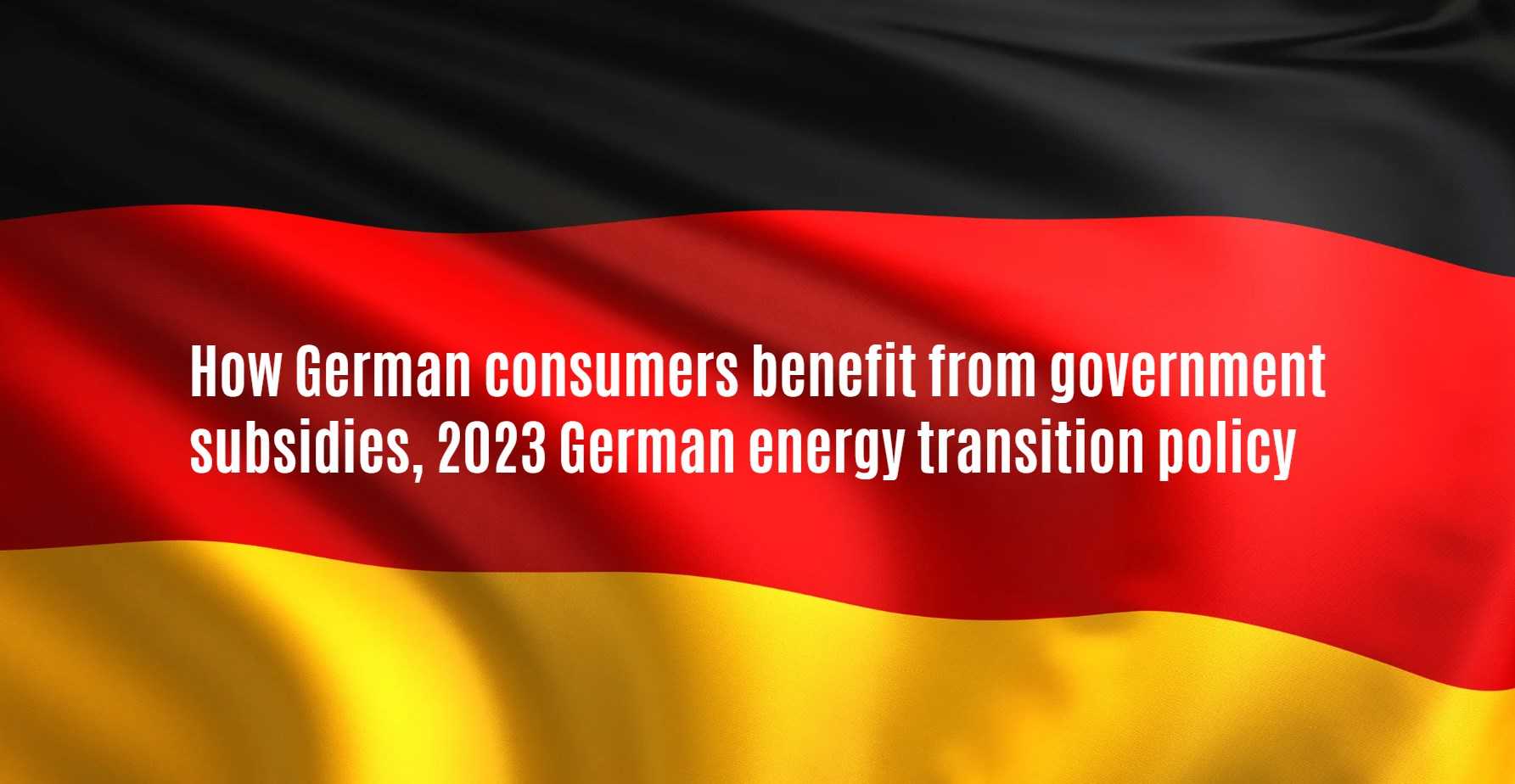2024 Germany’s Energy Transition Policy (Energiewende): Effects and Challenges
Germany’s Energy Transition Policy, known as Energiewende, aims to shift the country towards renewable energy sources by 2024. This ambitious initiative focuses on reducing greenhouse gas emissions, increasing energy efficiency, and promoting sustainable energy technologies. Key challenges include balancing energy supply and demand, managing costs, and ensuring grid stability.
Overview of Germany’s Energiewende Policy
The Energiewende represents a comprehensive strategy to transform Germany’s energy system. Launched in the early 2000s, it has gained momentum as the country seeks to phase out nuclear power and fossil fuels while significantly increasing the share of renewables in its energy mix. The policy encompasses legislative measures, financial incentives, and public engagement initiatives aimed at fostering a sustainable energy future.
Key Objectives of Energiewende
- Reduction of Greenhouse Gas Emissions: One of the primary goals is to reduce emissions by at least 55% by 2030 compared to 1990 levels, with a long-term target of achieving net-zero emissions by 2045.
- Expansion of Renewable Energy: The policy aims for renewables to account for 80% of electricity consumption by 2030. This includes significant investments in solar, wind, and biomass technologies.
- Energy Efficiency Improvements: Enhancing energy efficiency across all sectors is crucial for reducing overall energy consumption and emissions.
- Phasing Out Coal: Germany plans to phase out coal-fired power plants by 2038, transitioning to cleaner energy sources.
- Grid Modernization: Upgrading the electricity grid is essential for integrating renewable sources and ensuring reliable energy supply.
Effects of Energiewende
- Increased Renewable Energy Capacity: Germany has become a global leader in renewable energy deployment, particularly in wind and solar power. As of 2023, renewables accounted for over 40% of total electricity generation.
- Job Creation: The transition has spurred job growth in the renewable energy sector, with hundreds of thousands employed in related industries.
- Technological Innovation: Energiewende has driven advancements in energy technologies, including battery storage solutions and smart grid systems, enhancing overall efficiency.
- Public Awareness and Engagement: The policy has raised awareness about sustainability issues among citizens and encouraged community involvement in local energy projects.
Challenges Facing Energiewende
1. Balancing Supply and Demand
As renewable energy sources are inherently variable, ensuring a stable supply remains a significant challenge. The reliance on intermittent sources like solar and wind requires robust backup systems and improved forecasting methods to manage fluctuations effectively.
2. Infrastructure Development
The existing electricity grid must be modernized to accommodate increased renewable generation capacity. Investments are needed to enhance transmission lines and integrate decentralized energy production from various sources.
3. Financial Implications
Transitioning to renewable energy involves substantial upfront costs for infrastructure development and technology deployment. While long-term savings are anticipated, immediate financial burdens can strain public budgets and consumer prices.
4. Political Consensus
Energiewende requires continuous political support across different government administrations. Achieving consensus on policies can be challenging amid changing political landscapes and competing interests.
5. Social Acceptance
While there is significant public support for renewable energy, local opposition to specific projects—such as wind farms—can hinder progress. Engaging communities early in the planning process is essential for addressing concerns and building acceptance.
Latest News
- The German government has announced an increase in funding for renewable energy projects as part of its commitment to Energiewende.
- Recent reports indicate that Germany is on track to meet its 2024 renewable energy targets despite challenges posed by global supply chain disruptions.
- A new initiative aims to enhance public participation in local renewable projects to foster greater community engagement.
- Discussions are underway regarding potential changes to subsidy structures for renewable technologies to ensure continued investment.
Redway Expert Comment
As experts in Lithium LiFePO4 battery technology at Redway Battery, we recognize the critical role that efficient energy storage plays in Germany’s Energiewende initiative. Our advanced battery solutions can help address the challenges associated with intermittent renewable generation by providing reliable storage options that enhance grid stability. We encourage stakeholders to explore our innovative battery technologies tailored for renewable applications.”
Conclusion
Germany’s Energiewende represents a bold step towards a sustainable future powered by renewable energy sources. While significant progress has been made, ongoing challenges must be addressed to ensure the successful implementation of this transformative policy. By investing in technology, infrastructure, and community engagement, Germany can continue leading the way in global efforts toward a greener economy.
FAQs
What are the primary goals of Germany’s 2024 Energy Transition Policy?
Germany’s 2024 Energy Transition Policy aims to achieve 80% of electricity consumption from renewable sources by 2030 and nearly 100% by 2035. It focuses on expanding renewable energy infrastructure, enhancing energy efficiency, reducing reliance on fossil fuels, and ensuring energy security in light of geopolitical challenges.
How will Germany’s 2024 Energy Transition Policy affect its renewable energy targets?
The policy significantly raises Germany’s renewable energy targets, mandating that at least 80% of electricity consumption comes from renewable sources by 2030. It includes measures to increase auction volumes for wind and solar projects, streamline permitting processes, and improve the integration of renewables into the energy system.
What are the main challenges Germany faces in implementing its 2024 Energy Transition Policy?
Germany faces several challenges, including bureaucratic delays in permitting renewable projects, public opposition to new installations, and the need for substantial infrastructure upgrades. Additionally, ensuring a stable supply of materials for renewable technologies and balancing energy demand with intermittent supply from renewables present ongoing hurdles.
How does Germany’s 2024 Energy Transition Policy compare to other European countries’ policies?
Germany’s policy is among the most ambitious in Europe, aiming for rapid expansion of renewables. Compared to countries like France and Spain, which also prioritize renewables but may have different regulatory approaches and timelines, Germany emphasizes aggressive targets and comprehensive legislative reforms to facilitate its energy transition.
What are the expected economic impacts of Germany’s 2024 Energy Transition Policy?
The economic impacts are expected to be significant, including job creation in the renewable sector, estimated at around 400,000 new jobs by 2032. The policy aims to lower electricity costs for consumers by removing the EEG levy and promoting investment in green technologies, ultimately contributing to economic growth and energy independence.



